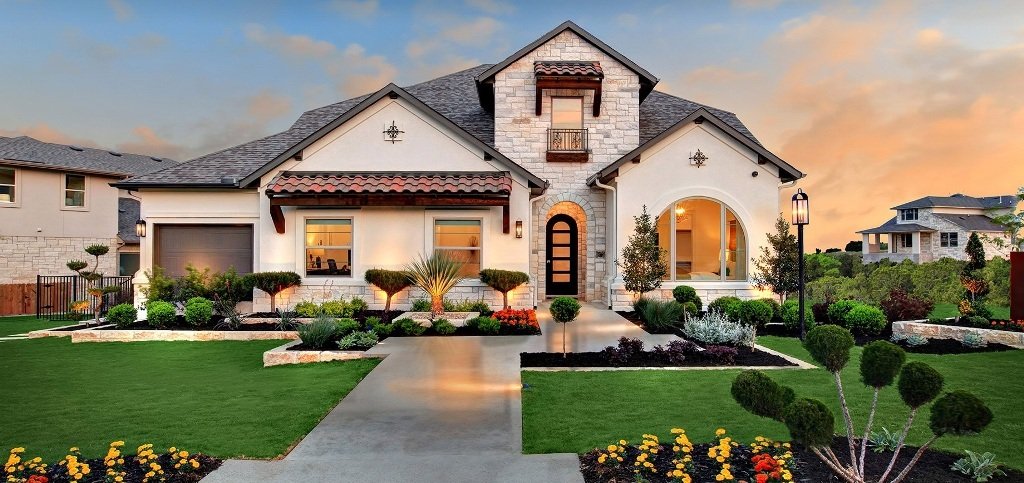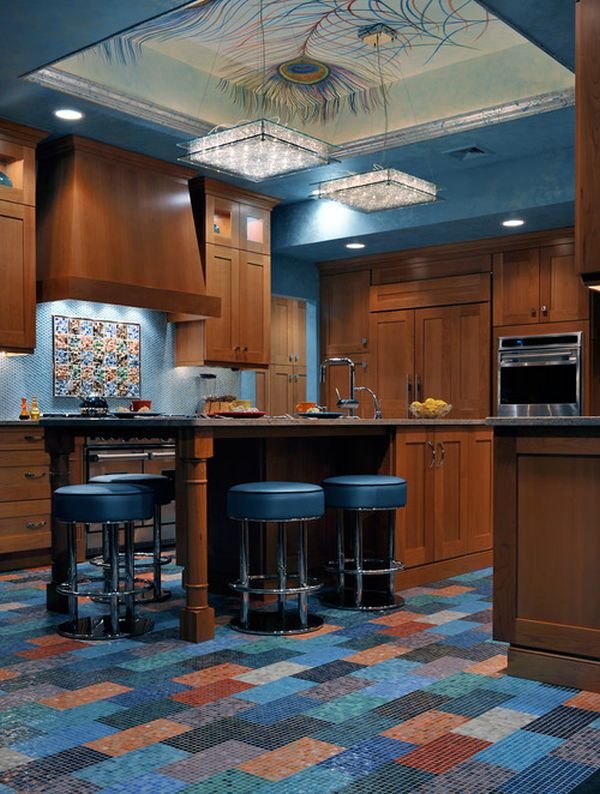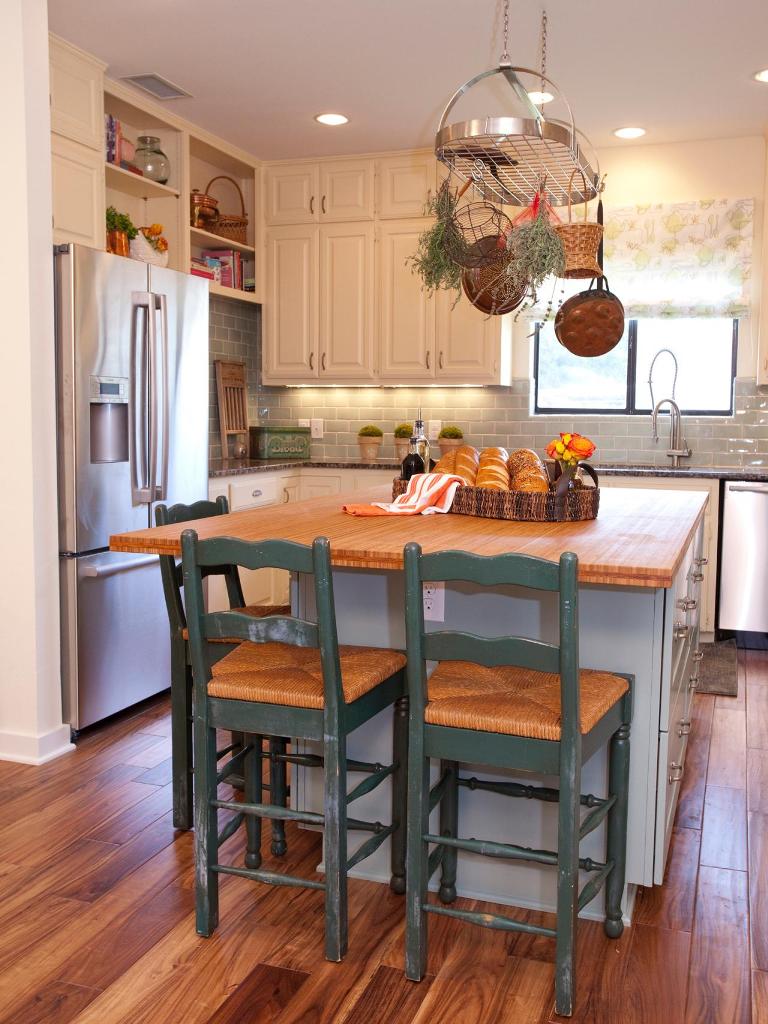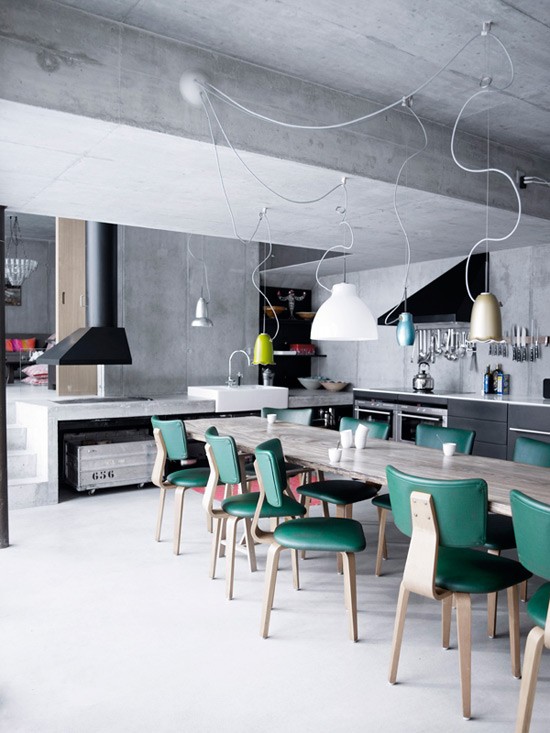Buying a new home is always an exciting project. Our experience closely matches the experiences of almost every single family we’ve encountered over the years. We’ve heard a great many horror stories but also a great many stories of the wonderful little things some home sellers and some of our real estate agents have done for us during our forays into the real estate market.
To be fair, I believe that many of the ugly awakenings that arise after purchase of a home are not necessarily the fault of dishonest sellers or disinterested agents. Most homeowners are honest hard-working people, and most will already have poured a lot of money into their residence, money we can’t always see at first glance.
And real estate agents are mostly hard-working individuals as well. It is clearly in their best interest to deal honestly and fairly not only with the seller, but with the buyer as well. Any successful property management service will tell us that building up a reputation and connections with more and more people throughout the years is the most important and worthwhile aspect of the entire business.
After a few years in real estate, most agents find the majority of their work coming from repeat consumers, those who have been pleased with the help their agent has given them in the past, or from referrals given by satisfied former customers.
But we’re all human. Sometimes even the most observant are blind to defects that to another person might leap out at them, and of course, vice versa. When I mention things we should consider, I’m looking beyond a home inspection. We normally get a home inspection, but we should always remember that a typical home inspection can go only so far. Even an experienced home inspector cannot see behind the walls. Surface indications may only give him/her hints. Of course a competent inspector will get up and look at the roof, get down and check beneath the house for signs of termites or other deterioration. A good home inspector will probably check a lot of little details that may not have occurred to us.
But there are a few things we should do ourselves, and through our many years of having to move from time to time, we’ve learned to give particular notice to the following:
1. The floors.
Of course they should be solid, but are they going to work for our needs? Are they hardwood? If so, what kind? Are they going to need frequent work or are they durable? Are they really wood, or just a laminate? Floors take a lot of beating over time, so it’s important to get down and make sure that our floor is going to be a good match for us.

2. Carefully wander around giving close scrutiny to the walls.
Any signs of patches? If patches are ever made for whatever reason, a professional will repair them in a way that we’ll never know. If we can see the patch, it was done in some DIY fix and we may find out to our regret one day why that repair was put there in the first place. Check with the seller on these things.
3. Today nearly every home has air conditioning.
Or has it? We’ve encountered some very nice homes, and although the furnace and blower were upstairs or even in the attic, we found to our dismay that with the air on, the first floor was just perfect while the upstairs rooms remained suffocating. The best is of course, to have separate air conditioners for the upstairs and downstairs, but that isn’t always possible.
4. Windows.
We’ve learned to make certain all the windows open and close and lock properly. They should be double pane as well, although in some older homes we may accept the single pane window.

5. Toilet Floors
It pays to get down and carefully examine the floor around the toilet. The slightest sign of leakage can be a warning of ongoing problems. Not a big fix, but still not something you want to walk into with your eyes closed.
6. Appliances should be checked.
I don’t mean just to turn them on and see if they light up. Many appliances, be it a range, refrigerator, microwave or whatever, turn off and on, but do all their particular functions work properly? This can take a little time, but dealing with any such problems later on will cost not only more time, but more money as well.
7. Layout.
We should really give some thought to the floor plan of the house. Sometimes we don’t at first stop to consider this, but later on, will there be bottlenecks as a busy family scurries about the house in preparation for the new day? Can we open the refrigerator without bumping into the dishwasher? Can we open the bathroom door without slamming it into the toilet, and perhaps its current occupant?

8. Exterior.
We had the roof examined and also took the pain to have a licensed and professional roofer give us a certificate certifying that the roof had at least five more years of useful life, but what about the overall exterior? I’m not talking about work we didn’t notice before, but about the general color scheme and landscaping? Are we going to be satisfied with these for some time or is repainting the house going to be job one? Are we happy with the landscaping? Can we live with it for a few years?
These are only eight of the many considerations we’ve encountered over the years when we’ve had to go out and look for a new home. A home is a major purchase and aside from that, unless we’re buying equity residences or something, we have to live in it and being comfortable and satisfied is what owning a home is all about.
Written by Junie Rutkevich










